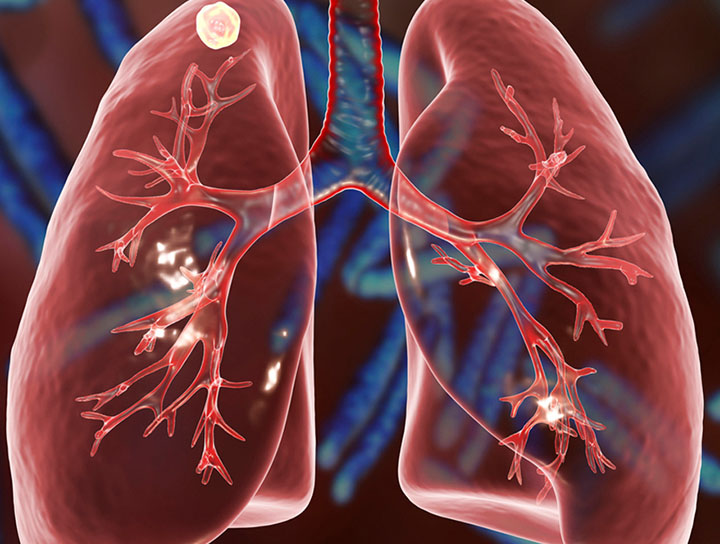Biopsy of lung or lymph node

A lymph node biopsy is a test that checks for disease in your lymph nodes. Lymph nodes are small, oval-shaped organs located in different parts of your body. They’re found close to internal organs such as your stomach, intestines, and lungs, and are most commonly noted in the armpits, the groin, and the neck.
Introduction
Lymph nodes are part of your immune system, and they help your body recognize and fight off infections. A lymph node may swell in response to an infection somewhere in your body. Swollen lymph nodes can appear as a lump beneath your skin.
Your doctor may find swollen or enlarged lymph nodes during a routine examination. Swollen lymph nodes that result from minor infections or insect bites typically don’t require medical care. However, to rule out other problems, your doctor may monitor and check your swollen lymph nodes.
If your lymph nodes remain swollen or grow even larger, your doctor may order a lymph node biopsy. This test will help your doctor look for signs of a chronic infection, an immune disorder, or cancer.
Types of Lymph Node Biopsy
There are several methods for performing a lymph node biopsy:
- Fine Needle Aspiration (FNA): A thin needle is used to withdraw a small sample of tissue from the lymph node.
- Core Needle Biopsy: A larger needle is used to remove a small cylinder of tissue from the lymph node.
- Excisional Biopsy: The entire lymph node is surgically removed for examination.
Procedure Overview
The specific type of biopsy performed will depend on the size and location of the lymph node, as well as the clinical suspicion for disease. The procedure may be performed in a doctor's office, outpatient clinic, or hospital setting.
Before the biopsy, your healthcare provider will explain the procedure, discuss any potential risks, and obtain your consent. Local anesthesia is often used to minimize discomfort during the procedure.
After the biopsy, the tissue sample will be sent to a laboratory for analysis. The results will help your doctor determine the cause of the swollen lymph nodes and guide further management.
Risks and Considerations
While lymph node biopsies are generally safe, there are some risks associated with the procedure, including:
- Bleeding at the biopsy site.
- Infection at the biopsy site.
- Damage to surrounding tissues.
It is essential to discuss any concerns with your healthcare provider before the procedure.
Conclusion
A lymph node biopsy is a valuable diagnostic tool that can provide critical information about your health. If you have swollen lymph nodes that persist or enlarge, consult your healthcare provider to discuss the need for further evaluation and potential biopsy.
